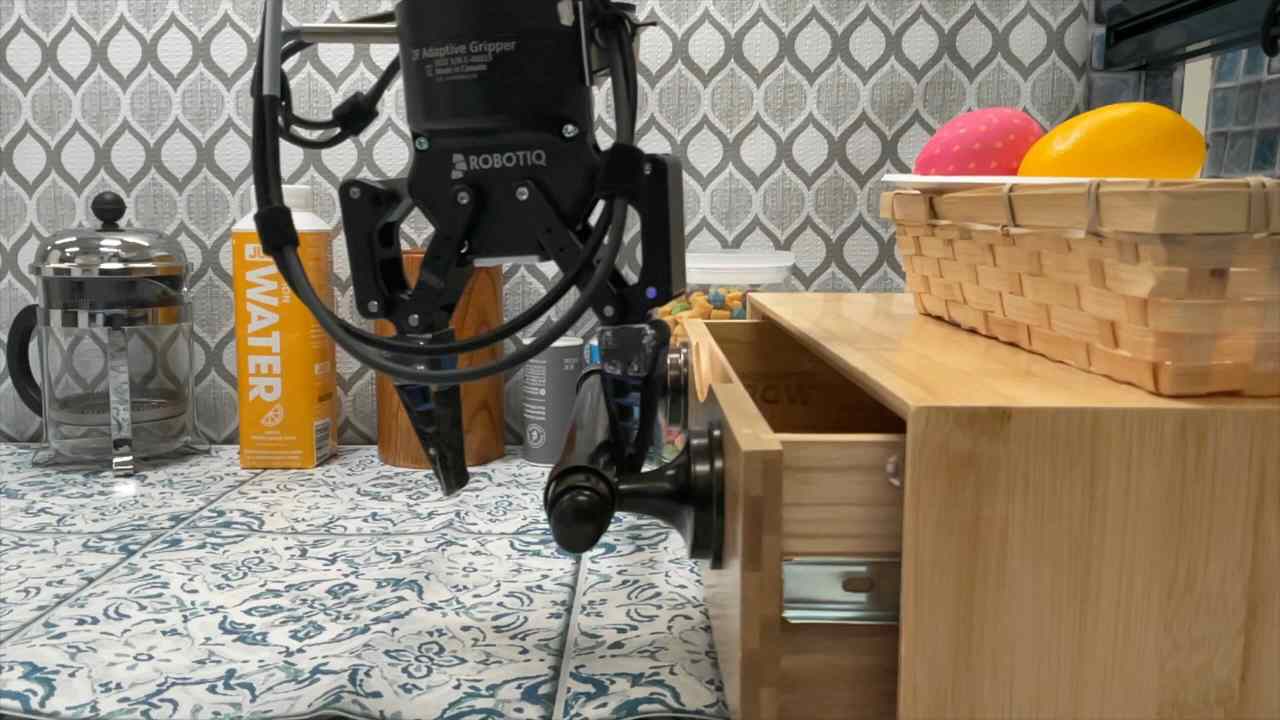The world of robotics is on the cusp of a transformative era, inspired significantly by the early learning processes of human toddlers. As researchers explore approaches to enhance robotic learning, it becomes evident that mimicking the innate learning capabilities of children can pave the way for more adaptive and intelligent machines. The last year has showcased revolutionary advancements, which not only signal the evolution of robots but also reshape our understanding of their potential in diverse environments.
Learning from Human Development
Human toddlers are remarkably adept at absorbing new information through both active and passive learning techniques. Passive learning involves absorbing knowledge through observation, while active learning requires engaging with the world, adjusting behaviors based on feedback. This dual approach is now being reflected in revolutionary robotic learning methodologies.
Carnegie Mellon University (CMU) has presented the innovative Vision-Robotics Bridge (VRB) that enables robots to learn from video content, applying lessons across unpredictable environments. Similarly, Google’s DeepMind has introduced the Robotic Transformer 2 (RT-2), a system capable of abstracting complex task executions into straightforward directives, allowing robots to understand instructions without requiring exhaustive programming. These developments paint an optimistic picture of robotics that can learn much like a human child, increasing their utility in real-world scenarios.
The Power of RoboAgent
A standout project, RoboAgent, a collaboration between CMU and Meta AI, encapsulates this ideal of effective learning. With the capability to combine both passive observation and active experimentation, RoboAgent acclimates itself to various tasks by observing online content while engaging in hands-on practice.
- Open-Source Datasets: The system relies on open-source data that is widely accessible, reinforcing the collaborative spirit of robotics research.
- Generalizing Skills: RoboAgent can train effectively using limited specific data, drawing instead from the wealth of available free data to acquire a range of skills.
- Complex and Diverse Capabilities: According to the Robotics Institute’s Abhinav Gupta, RoboAgent showcases a higher level of skill diversity and efficiency compared to previous robotic agents.
This versatility extends beyond structured industrial environments, hinting at a future where robots can be used effectively in homes, hospitals, and public spaces. Shubham Tulsiani from CMU notes that such systems inch us closer to realizing multipurpose robots capable of navigating unfamiliar settings while continually evolving through experience.
Challenges and Opportunities Ahead
While these advancements represent a significant leap forward, deploying multipurpose robots poses unique challenges. Fostering real-world usability and scalability involves navigating a myriad of dynamic conditions found in everyday contexts. As research progresses, understanding these operational complexities becomes essential in crafting robots that can perform a wide variety of tasks efficiently.
Nevertheless, the foundations for this ambitious goal have been undeniably laid. By focusing on the capability to learn and adapt much like humans do, we are standing on the brink of a new age in robotics where machines do not just follow pre-defined templates but also thrive in unstructured environments.
Conclusion: A Toddler’s Journey Towards Intelligence
In blending the learning techniques of toddlers with sophisticated robotic systems, we are witnessing the dawn of intuitive machines that can learn from their surroundings. The strides made by institutions such as CMU and Google showcase much more than just technological progress; they embody a vision for a future where robotics is as flexible and adaptable as human behavior. There’s still much to discover and refine in this realm, but the excitement is palpable. For those eager to keep up with developments in robotic learning, it’s undoubtedly an exhilarating time to be involved in this field.
At fxis.ai, we believe that such advancements are crucial for the future of AI, as they enable more comprehensive and effective solutions. Our team is continually exploring new methodologies to push the envelope in artificial intelligence, ensuring that our clients benefit from the latest technological innovations.
For more insights, updates, or to collaborate on AI development projects, stay connected with fxis.ai.

